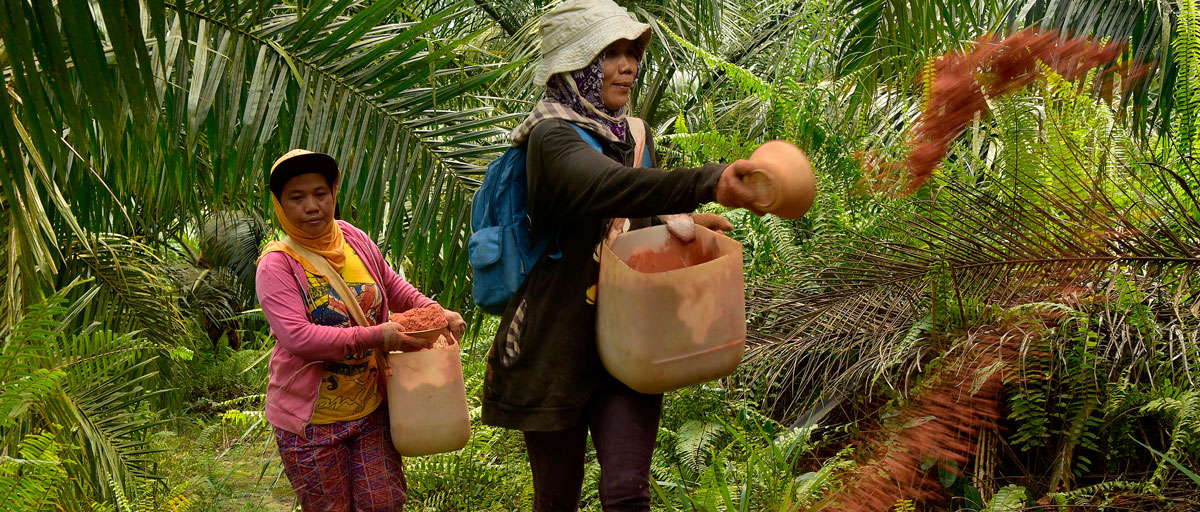Development and equity: a gendered inquiry in a swidden landscape
Summary
Market-driven development is transforming swidden landscapes and having different impacts along intersections of gender, age and class. In Kapuas Hulu, West Kalimantan, Indonesia, Dayak communities practicing swidden agriculture are making choices on maintaining traditional land use systems, and engaging in rubber, oil palm and conservation (REDD+) in their livelihood strategies. Although REDD+ has been heralded as an alternative to oil palm as a sustainable development option, it is still far from full implementation. Meanwhile, oil palm has become a reality, with large scale plantations that offer job opportunities and produce new sources of prestige, but create contestations around traditional land use systems. We employ the gender asset agriculture project (GAAP) framework and apply an intersectional lens to highlight power relations underlying gendered differences in land, labor and social capital in this process of transformation. Our findings suggest that market interventions produce major changes for men and women, young and old, land cultivators and wage earners. This has created new opportunities for some and new risks for others, with those having power to access diverse types of knowledge, ranging from inheritance rights to market information and job opportunities, best able to exploit such opportunities.







